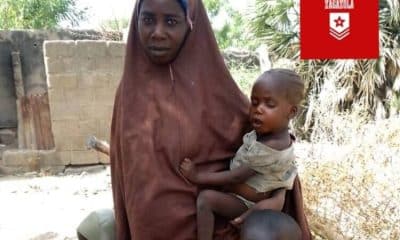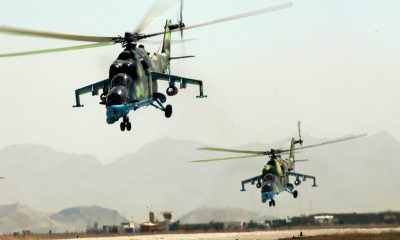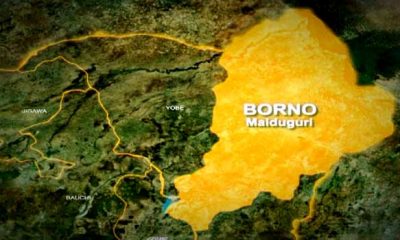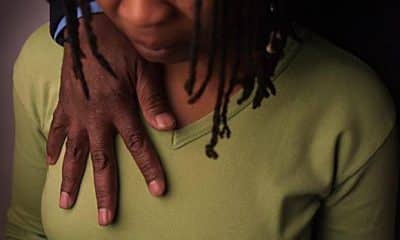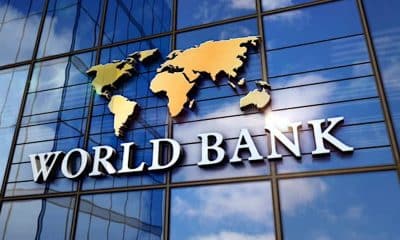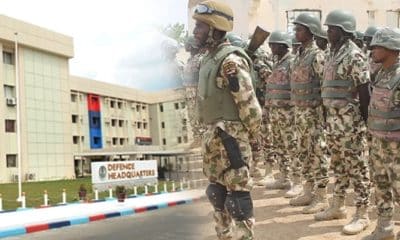Nigeria News
World Bank Executes 62 Socio-Economic Projects In Borno State
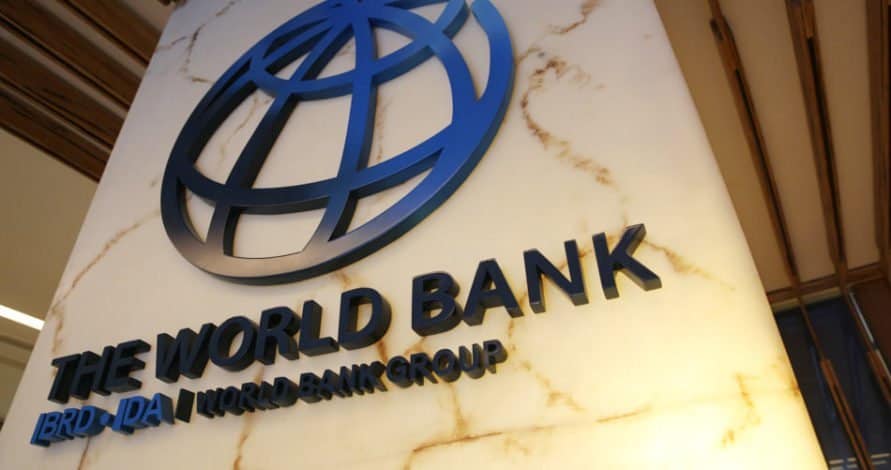
World Bank Implement Programmes To Assist Borno State Residents
A total of 62 social and economic development projects have been executed by the World Bank-assisted Community and Social Development Programme (CSDP) Borno State last year, Alhaji Ciroma Musa, the programme’s manager reports.
According to Musa, who spoke to newsmen in Maiduguri, the projects were executed in 30 selected communities in Dikwa, Chibok and Mobbar Local Government Councils.
He said that the projects covered the provision of water, health, education, environment, shelter and livelihood support in the participating councils.
Musa said that the projects include, 31 microwater projects; 16 drains and culverts, 13 market stalls and skills acquisition centres.
Others are: six blocks of classrooms, and four health facilities equipped with medical equipment and drugs for the benefiting communities.
Others include the construction of two sets of 10 housing units for resettlement of displaced persons in Dikwa; one federal road, and one rural electrification project.
He said that there was also the provision of livelihood support for displaced persons, persons with disability and the vulnerable.
Musa said that 42 of the 62 projects had been completed while the remaining 20 were at various stages of completion.
He said: “CSDP is a project funded by the World Bank aimed at poverty alleviation and providing social amenities to communities in the state.
“CSDP focused at improving access of the poor to natural and social infrastructure services with a very strong social inclusion mechanism.
“This is done through the promotion of Community Driven Development (CDD) for the improvement of the lives of the Internally Displaced Persons (IDPs) and vulnerable persons.
“It is a comprehensive programme supported by the World Bank to expand social protection agenda in Borno.
“This is in response to the destruction and displacement caused by the Boko Haram insurgency, to address the pervasive poverty in the society”.
Musa said that the programme implementers had conducted sensitisation exercises aimed at creating awareness on its activities and mobilising participation to facilitate its successful implementation.
The manager noted that 45 communities and groups participated in the programme, with the programme providing 90 percent of its total cost while the communities contributed 10 percent.
Meanwhile, Naija News reports that the four IDP camps in Maiduguri, the state Capital, are currently running out of space and food supply due to the great influx of crowd who immigrated from their various states over fears of Boko Haram attack.

